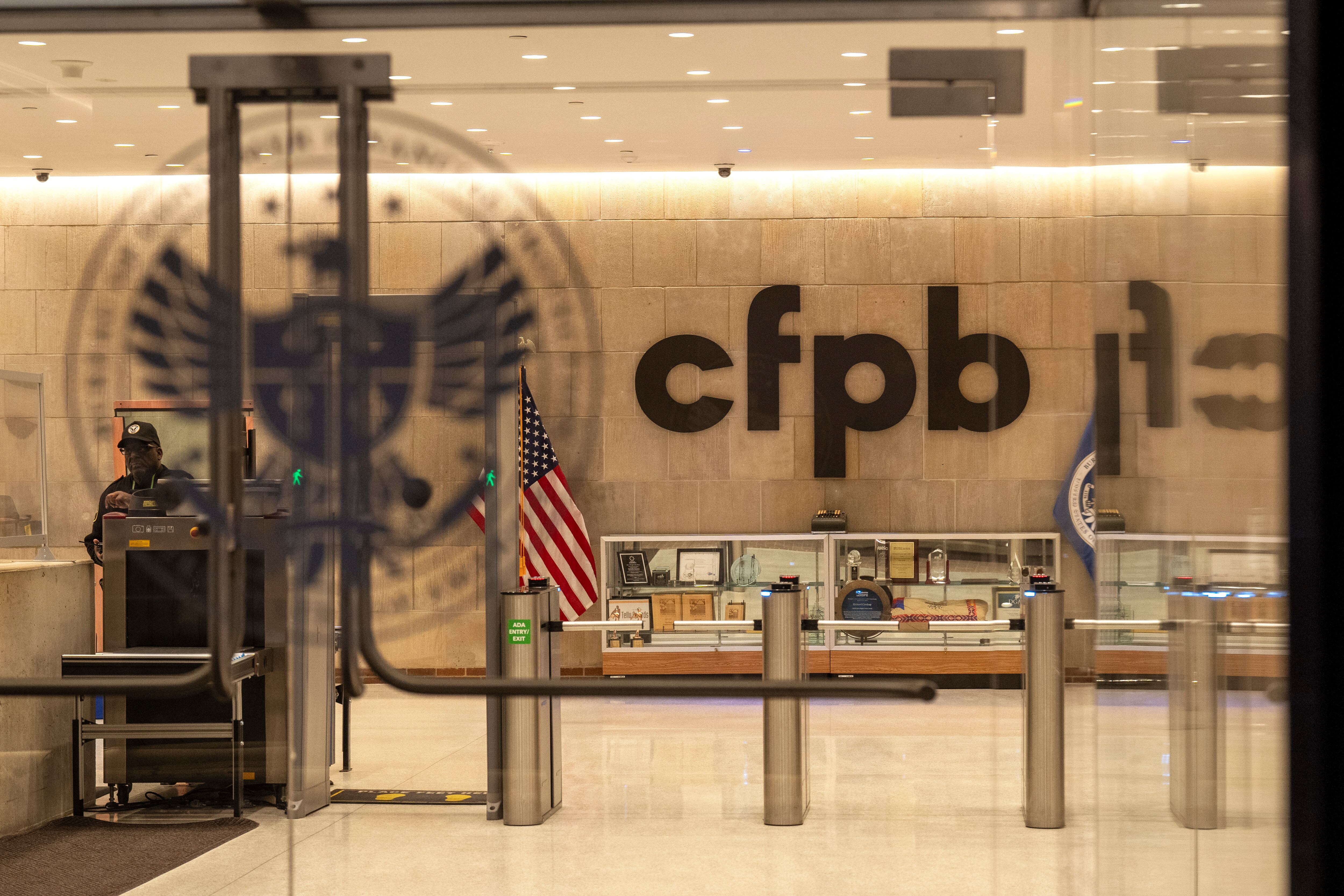The Air Force is taking a hard look at how hackers and other bad guys can find and exploit weaknesses with possibly catastrophic results.
A new task force will try to determine what the Air Force where gaps are in the Air Force's its cyber defenses, said Lt. Gen. Bill Bender, the Air Force's chief of information dominance and chief information officer.
"If we look at the five Air Force core missions — that's air and space superiority; ISR [intelligence, surveillance and reconnaissance]; global strike, rapid global mobility; and command and control — how can we reasonably assure ourselves that we're able to do those core missions in a cyber-contested environment," Bender said Tuesday in an interview with told Air Force Times on Tuesday. "The unknown at this point is where do we have vulnerabilities and risks?"
So far, the Air Force has done a good job of securing its computer network, which is used for communications and other purposes, but that network only represents only roughly 20 percent of the information environment and infrastructure the Air Force needs to protect, Bender said.
"The other 80 percent is in just about anything that is out there across the entire enterprise that has a microprocessor or you link a computer up to it," he said.
Over the next year, the task force will look at all kinds of possibilities about how hackers could attack weapons systems, key infrastructure, maintenance depots, laboratories and other computer systems, Bender said. Part of that includes determining if airmen are taking adequate cyber precautions.
"Somebody goes out with their Toughbook on the flightline to download data from an F-35 or a B-2; have they been using that Toughbook in the ready room to watch YouTube videos, and is there a potential for malware to be introduced into an aircraft avionics system as a result?" Bender said.
Because the F-35 is so high tech, protecting it from hackers is a necessity, he said.
"In many ways, it's a flying computer, and so we would be wise to make sure that we're paying attention to a very real threat in the cyber domain," Bender said.
Other possible vulnerabilities include the possibility that hackers could sabotage buildings that house Air Force data centers containing vital information, he said.
"So at a time and place of their choosing, they shut down the chillers to the building and the data goes bust and we're out of business," Bender said.
The task force has the authority to address any vulnerabilities that can be fixed inexpensively or through changes in policy or guidance, he said. For long-term fixes, the task force will provide Air Force Secretary Deborah Lee James and Chief of Staff Gen. Mark Welsh a plan of what technology the service needs to invest in.
"While this is a constrained budget environment, and will remain so, we also feel as though these are, in some cases, 'must-do' actions, and so we'll put them in a priority order and give good guidance on where the monies need to come from," Bender said.





